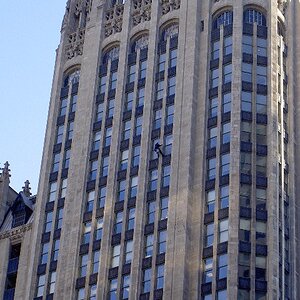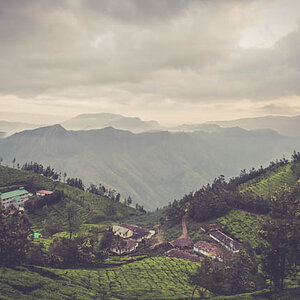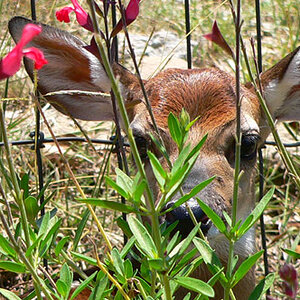TheLostPhotographer
TPF Noob!
- Joined
- Jun 27, 2007
- Messages
- 128
- Reaction score
- 0
- Location
- A Magical City
- Website
- www.thelostphotographer.co.uk
What is bad photography and why?
I've spent the last couple of weeks going out into the night with old 'worthless' cameras and getting very merry whilst snapping away. The results often are undoubtedly bad, but they're also good.
Here's a set from a 1974 Olympus trip bought for just 1 and loaded with the cheapest 400 ASA film I could find. 25 exposures from a 24 exposure film. No tripod, no cropping, no post production.
This is a very 'unglamorous' set of me mixing with anyone I met on the street the other night. I'll post a set taken of me mixing it with the social high flyers another day.
Bad photography or, good photography. What's your measure of good and bad?
http://www.totalism.co.uk/WHLN/web/index.htm
Loads of bad spelling also I'm afraid.
I've spent the last couple of weeks going out into the night with old 'worthless' cameras and getting very merry whilst snapping away. The results often are undoubtedly bad, but they're also good.
Here's a set from a 1974 Olympus trip bought for just 1 and loaded with the cheapest 400 ASA film I could find. 25 exposures from a 24 exposure film. No tripod, no cropping, no post production.
This is a very 'unglamorous' set of me mixing with anyone I met on the street the other night. I'll post a set taken of me mixing it with the social high flyers another day.
Bad photography or, good photography. What's your measure of good and bad?
http://www.totalism.co.uk/WHLN/web/index.htm
Loads of bad spelling also I'm afraid.



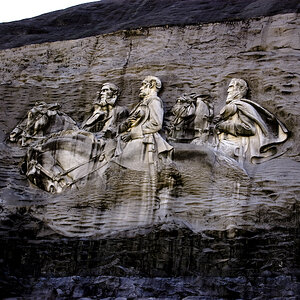

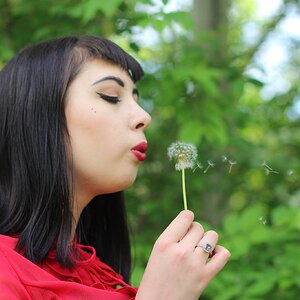
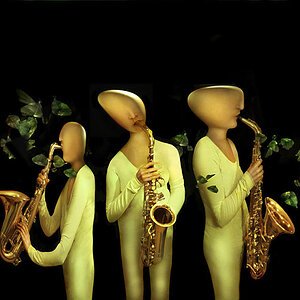

![[No title]](/data/xfmg/thumbnail/42/42230-fa8ace50a80342c7d91db1431f911bab.jpg?1619740048)

![[No title]](/data/xfmg/thumbnail/38/38741-89a8c6f9d841889783a4fae2b8c40902.jpg?1619738704)
